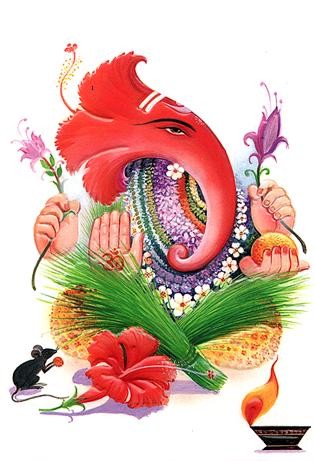Saint Louis: Telugu Association celebrates Sankranthi
ST. LOUIS: Telugu Association of St. Louis (TAS) celebrated "Sankranthi Sambaralu" at Mahatma Gandhi Center on Saturday, January 19 with great enthusiasm and fanfare. Around 250 people participated in the event. The celebrations started with opening remarks by TAS President, Chandrasekhar Gummi, followed by various cultural performances by both children and adults. Competitions were held for the most beautiful "Muggu" (colorful floral designs) and the tastiest "Pongali" (a sweet made with rice and lentils). Prizes were distributed at the end of the event to all of the performers.
The event was followed by an authentic Andhra dinner. Local Priya restaurant sponsored couple of food items for the event.The festival of Sankranthi (or Pongal) is one of the most colorful and popular festivals celebrated with a lot of enthusiasm and fun with family and friends, all over India. It is a three-day event, which takes place in mid-January.
This is a festival mainly for farmers who harvest their crop and enjoy their produce. In Andhra Pradesh, the first day of the festival is called Bhogi, the second day Sankranthi and the third day as Kanuma.
Courtesy: IndiaPost




